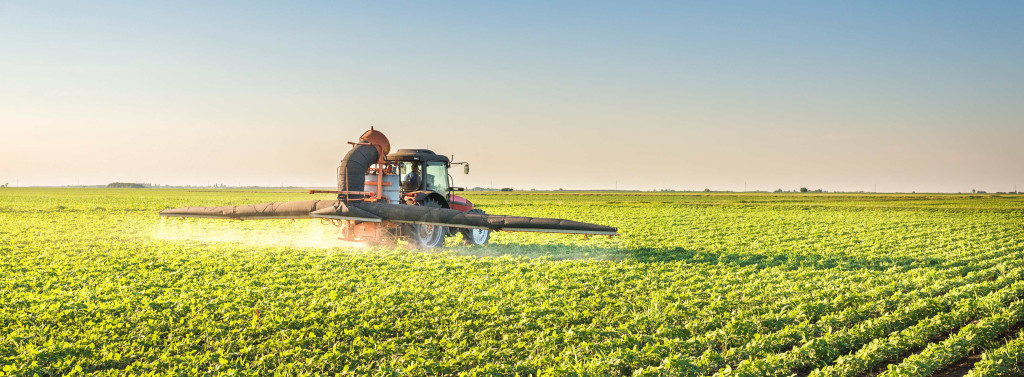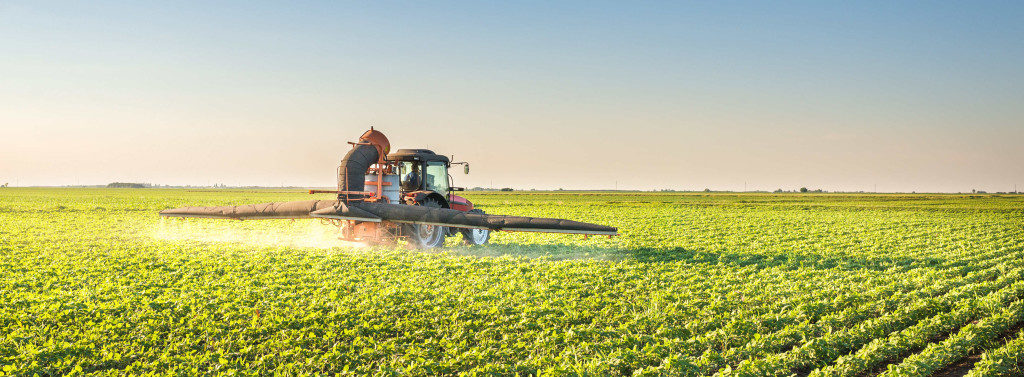
In today’s talking points: Australian research on gene modification could help address China’s water pollution issues; The first quarter of this year records Australian’s exports in a series of fruit dropping; China ups its game with food wastes; Future of Australian wine exports looks positive in the Chinese market .
Research by the Australian Research Council’s Centre for Excellence in Plant Energy Biology and the La Trobe University’s Centre for AgriBioscience have discovered that by manipulating the gene in plant roots to “think” that phosphate is scarce, it results in the plant taking up higher levels of phosphate. Furthermore, they are more able to convert phosphate to promote growth. This has both economic and environmental implications as better phosphate absorption in plants would reduce fertiliser remaining in the soil or running off into waterways. Thus, Australian farmers would save $300 million annually and reduce phosphate run-offs by 20%. The Australian team is now collaborating with Chinese researchers from Zhejiang University to apply their findings to China’s agriculture landscape. This would be a valuable discovery for China as it would address its serious environmental and economic problems.
Read more at: Weekly Times
Australia’s exports of table-grapes, cherries, apples and pears all dropped
According to a recent industry report released by Euromonitor International, drops in Australian exports are seen for a range of fruit in the first quarter. Table-grape exports went down 34 per cent due to poor seasonal conditions, which resulted in harvest delays. Cherry export-volumes also declined by 33 per cent. But despite the decline, exports to the United Arab Emirates increased in terms of value given strong cherry prices. Apple and pear export volumes dropped by 33 per. The decline comes after the Australian Bureau of Statistics found last year apple and pear exports showed marked increase.
Read more at: Weekly Times
China is getting serious with food wastes
China’s Ministry of Commerce and General Office of Central Commission for Guiding Ethic and Cultural Progress jointly released an official statement recently, asking restaurant and catering associations in China to issue regulations against food waste problems commonly found in restaurants and cafeterias. The “clean your plate” campaign launched in 2013 will be continued to put an end to extravagant banquets. Over the course of the campaign, curbing “waste at the tip of the tongue” is gradually evolving into a trend among both Chinese officials and the general public.
See more at: Xinhuanet
According to wine intelligence senior research manager, Chuan Zhou, Chinese wine consumers are shifting away from buying expensive wines as gifts for other people and towards cheaper wines for their own personal enjoyment. As such, Chinese wine consumers now prefer easier-drinking, lighter and fruitier tones over the oak-driven, “old world” European styles of wine. This shift is a positive one for the Australian wine industry, as Zhou explains that Australian wine is stereotypically known for being fruity and for being well-suited to the Chinese palate – often referred to as the “new world wine.” The perception of Australian wine is shaped by the Australia-China relationship in encouraging tourism, trade and overseas education. Australian wine has also been praised for its modern labelling, where the grapes and flavours are clearly detailed. China is Australia’s largest wine export market, where in the past year till March 2017, exports have grown to 43% valuing $568 million.
Read more at: Weekly Times

